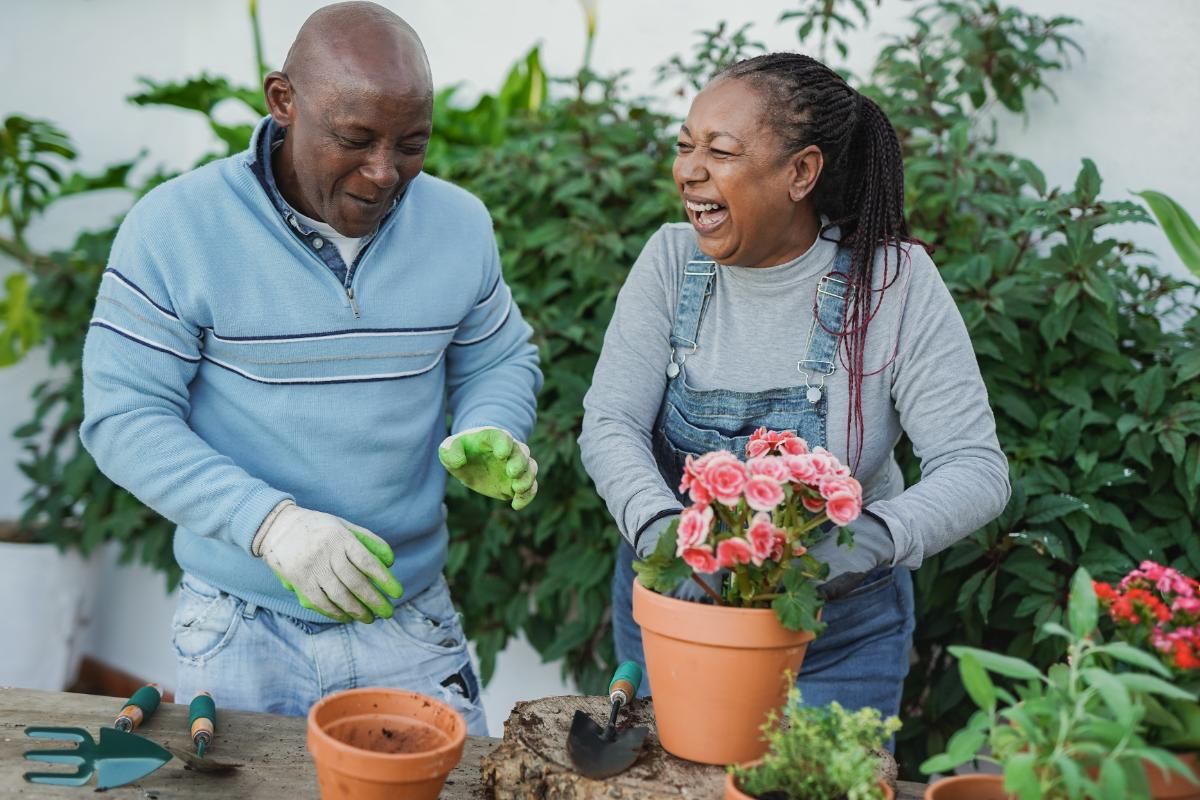
Gardening isn't just about pretty flowers or fresh veggies. It's a powerhouse of benefits for your mind, body, and soul. Did you know that spending time in the garden can reduce stress, boost your mood, and even improve your physical health? Studies show that gardening can lower blood pressure and increase vitamin D levels from sunlight exposure. Plus, growing your own food means fresher, healthier meals. Kids who garden often develop better eating habits and a deeper appreciation for nature. Whether you have a sprawling backyard or a tiny balcony, gardening offers something for everyone. Ready to dig in? Let's explore 20 amazing facts about the benefits of gardening!
Key Takeaways:
- Gardening is not just a hobby; it's a full-body workout! From burning calories to boosting heart health, it keeps you fit and healthy while you enjoy the outdoors.
- Gardening is not only good for you, but it's also good for the planet and your community. It reduces your carbon footprint, supports wildlife, and brings people together to create green spaces.
Physical Health Benefits
Gardening isn't just a hobby; it's a workout. Digging, planting, and weeding can keep you fit and healthy. Here are some physical health benefits of gardening:
- Burns Calories: Gardening activities like raking, digging, and planting can burn up to 300 calories per hour.
- Strengthens Muscles: Lifting soil bags, pushing wheelbarrows, and pulling weeds help build muscle strength.
- Improves Flexibility: Reaching for plants, bending to weed, and stretching to prune can enhance your flexibility.
- Boosts Heart Health: Regular gardening can reduce the risk of heart disease by keeping your heart rate up.
- Lowers Blood Pressure: Spending time in the garden can help reduce stress, which in turn lowers blood pressure.
Mental Health Benefits
Gardening can be a great way to improve your mental well-being. The act of nurturing plants can have a calming effect. Here are some mental health benefits:
- Reduces Stress: Being in nature and working with plants can lower cortisol levels, reducing stress.
- Improves Mood: The act of gardening releases endorphins, which can make you feel happier.
- Enhances Concentration: Focusing on gardening tasks can improve your attention span and concentration.
- Combats Depression: The combination of physical activity, sunlight, and the satisfaction of growing plants can help alleviate symptoms of depression.
- Boosts Self-Esteem: Successfully growing plants can give you a sense of accomplishment and boost your self-esteem.
Environmental Benefits
Gardening isn't just good for you; it's good for the planet. Here are some ways gardening benefits the environment:
- Reduces Carbon Footprint: Growing your own vegetables reduces the need for transportation, lowering your carbon footprint.
- Improves Air Quality: Plants absorb carbon dioxide and release oxygen, improving air quality.
- Supports Wildlife: Gardens can provide habitats for birds, insects, and other wildlife.
- Reduces Soil Erosion: Plant roots help hold soil in place, reducing erosion.
- Conserves Water: Using rain barrels and choosing drought-resistant plants can help conserve water.
Social Benefits
Gardening can also bring people together. Whether it's a community garden or just sharing tips with neighbors, gardening has social perks:
- Builds Community: Community gardens can bring people together, fostering a sense of community.
- Encourages Sharing: Sharing surplus produce with neighbors can strengthen social bonds.
- Teaches Responsibility: Gardening teaches responsibility and patience, especially to children.
- Promotes Teamwork: Working together in a garden can improve teamwork skills.
- Creates Green Spaces: Gardens can transform urban areas into green spaces, improving the quality of life for everyone.
Reaping the Rewards
Gardening offers more than just pretty flowers and fresh veggies. It boosts mental health, reduces stress, and provides a solid workout. Plus, it’s a great way to connect with nature and learn about plants. Kids can benefit too, gaining patience and a sense of responsibility.
You don’t need a big yard to start. Even a small balcony or windowsill can become a green oasis. The key is to get your hands dirty and enjoy the process. Whether you’re growing herbs, flowers, or vegetables, the rewards are plentiful.
So, grab some seeds, a bit of soil, and start planting. You’ll soon see why gardening is such a beloved pastime. It’s not just about the end result but the journey of growth and discovery. Happy gardening!
Frequently Asked Questions
Was this page helpful?
Our commitment to delivering trustworthy and engaging content is at the heart of what we do. Each fact on our site is contributed by real users like you, bringing a wealth of diverse insights and information. To ensure the highest standards of accuracy and reliability, our dedicated editors meticulously review each submission. This process guarantees that the facts we share are not only fascinating but also credible. Trust in our commitment to quality and authenticity as you explore and learn with us.
